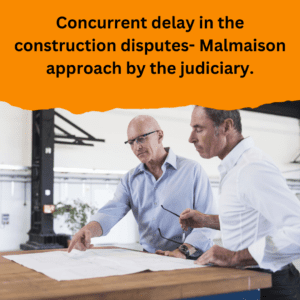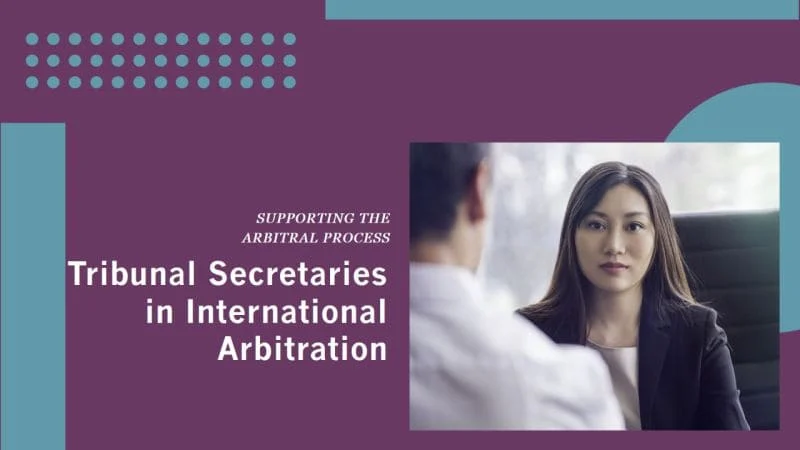👉 A situation where there are two or more independent cause of delay takes place results in concurrent delay. There are different approaches that are followed by different courts while dealing with a case where concurrent delay arises and the No damage for delay clause also forms the part of the contract.
In the case of
Henry Boot Construction Ltd. v. Malmaison Hotel,
👉 the technology and construction court of united kingdom came up with Malmaison Approach; this approach holds the view that when there is two concurrent cause of delay , one of which is beyond the control of the contract and the other is not, then the contractor is entitled to an extension of time for the period of delay cause by the relevant event but no time-related cost can be recovered for the other concurrent event.
The Scottish Courts in , City Inn v. Shepherd Construction Ltd
👉 declined to follow the Malmaison Approach,and came up with Apportionment Approach.
👉 According to this approach when neither of the concurrent cause is dominant the delay should be shared between the contractor and the employer.
👉 Similar approach was followed by different courts such as the United Arab Emirates and the hongkong.
The Hong Kong High Court in, Hing Construction Co Ltd v Boost Investments Ltd
👉 expressly approved and followed the City Inn judgment of the Scottish Courts.
Law in India:
👉 The law regarding the delay in performance of the contract is codified under the Indian Contract Act 1872, section 55 and 56.
👉 If the delay is caused in the completion of the contract and for such delay, a belated performance is accepted by the contractor then he would not be entitled to any claim for any loss caused by non-performance for such reciprocal promise unless a notice regarding the same has be delivered to the employer.
👉 Under the Indian law where the contractor has agreed not to claim any damages as a result of delay in completion of the project, the contractor can still be entitled to damages under some situation like when the contractor repudiates the contract under section 55 of the Indian contract act or if the employer gives extension of time by entering into to supplement agreement and making it clear that the escalation cost would be paid.







